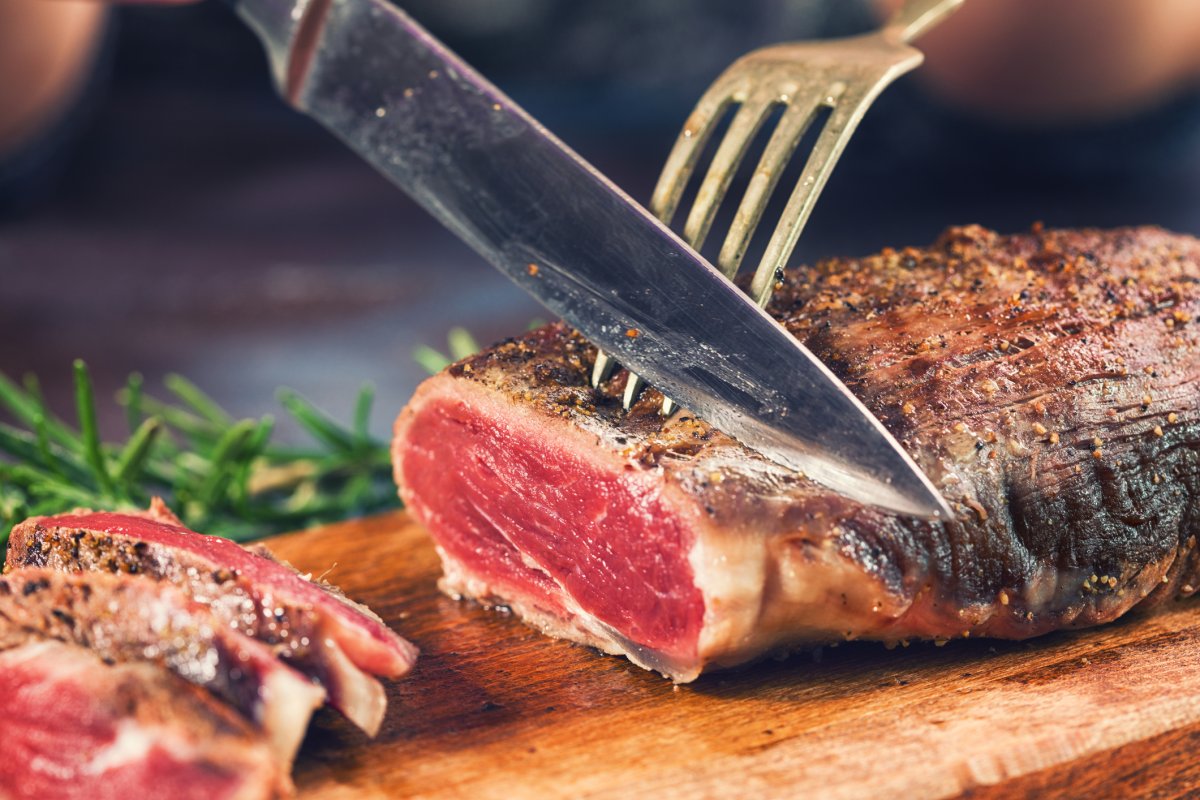Looking for a low-calorie Paleolithic diet? Perhaps you should consider cannibalism, according to research that won the Ig Nobel Prize for Nutrition last week.

The annual Ig Nobel Prizes honour achievements that make people “laugh, and then think,” according to the Ig Nobel website. Researchers received their prizes at a ceremony at Harvard University.
Here are some of this year’s honourees:
Nutrition
That cannibalism study wasn’t actually assessing whether people should eat people for their nutritional value today, but rather testing the proposition that ancient humans might have turned to cannibalism as a way to get extra calories into their diets.
Study author James Cole found that humans were not a great source of additional calories when compared to non-cannibalistic diets at that time. So, cannibals likely ate people for social or cultural reasons, not for extra nourishment.
“It turns out that calorifically, we’re not that nutritious,” said Cole in a speech at the Ig Nobel ceremony.
Medicine

Get weekly health news
The Ig Nobel Prize for Medicine went to two American researchers who attempted to find out whether roller coasters could be used to speed the removal of kidney stones.
A bit, it turns out, but it works better if you’re sitting in the back.
To test this, they made a model of the human renal system and rode a roller coaster 60 times with it.
“The real credit goes to one of my patients,” said study co-author Dr. David Wartinger. “My patient went on spring break with his family to the Walt Disney World Resort, to the Magic Kingdom, and rode on a little roller coaster called the Big Thunder Mountain Railroad roller coaster.”
“He rode the ride, got off, and about two minutes later, passed a kidney stone.”
He was so convinced that the roller coaster had helped, said Wartinger, that the man got back on the roller coaster for another ride. Two minutes later, he passed a second stone.
WATCH: A Swede who wrote a trilogy about collecting bugs, an Egyptian doctor who put pants on rats to study their sex lives and a British researcher who lived like an animal have been named winners of the 2016 Ig Nobels, the annual spoof prizes for quirky scientific achievement.

Economics
A team of researchers from Canada, Singapore and the U.S. won the Ig Nobel Prize in Economics for their study on whether voodoo dolls can be used to help workplace stress.
Specifically, they looked at a voodoo doll modelled on someone’s boss.
They found that retaliating against a voodoo doll shaped like your boss helps to alleviate bad feelings you might have after being publicly embarrassed or yelled at.
“People actually feel a lot better. They feel their sense of justice has been restored,” said study co-author Lindie Liang, of Wilfrid Laurier University.
“I really want to take this opportunity to thank my former boss for teaching me everything about how to deal with abusive bosses.”
A full list of prize-winners is available on the Ig Nobel website.


Comments